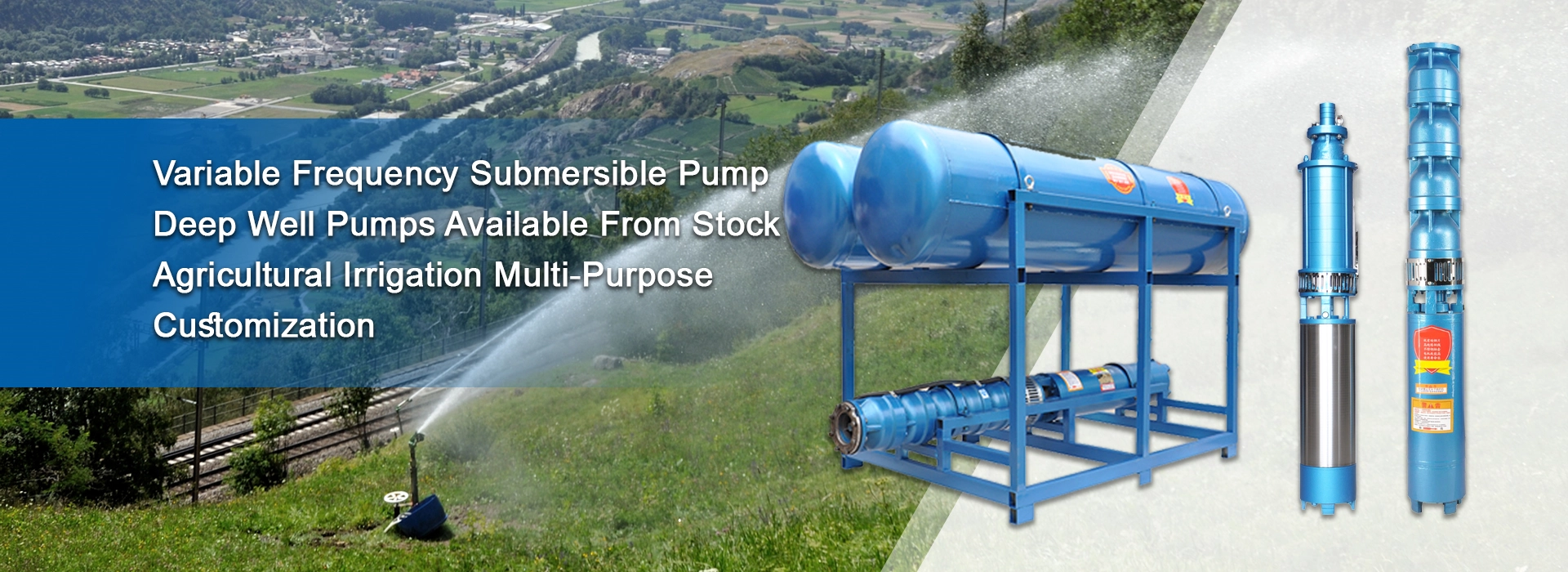Pro . 19, 2024 15:05 Back to list
submersible pump
Understanding Submersible Pumps A Deep Dive into Their Function and Applications
Submersible pumps are vital devices used in various water management applications, from residential to industrial settings. Unlike traditional pumps that sit above the water, submersible pumps are designed to operate underwater. This fundamental difference in design allows them to effectively manage fluids, particularly in scenarios where gravity drainage is inadequate.
Design and Functionality
Submersible pumps consist of a motor and a pump body, which are sealed together to prevent water from entering the motor. This sealing makes them particularly efficient at pushing fluid to the surface. The motor drives an impeller that generates pressure, allowing the pump to propel water upwards, even from significant depths. They typically feature a robust construction, often made of materials like stainless steel or thermoplastic, which can withstand corrosion from the fluid they pump.
One of the key advantages of submersible pumps is their ability to handle fluids mixed with solids. They are equipped with heavy-duty impellers and can be utilized for draining applications, managing wastewater, and even handling slurry. The closed-coupled design of these pumps—where the motor is directly connected to the pump—minimizes the risk of cavitation and maintains a compact size, making them perfect for tight spaces.
Common Applications
Submersible pumps find their applications across a broad spectrum of industries
1. Wastewater Management In municipal settings, submersible pumps are extensively used in sewage treatment plants to handle raw sewage and wastewater. Their ability to manage solids efficiently makes them ideal for these harsh environments.
2. Agriculture Irrigation systems often rely on submersible pumps. They can extract water from deep wells and supply it to fields, ensuring crops receive adequate hydration.
3. Construction During construction, submersible pumps are essential for dewatering construction sites. They help remove excess water from trenches and excavations, ensuring that work can proceed unhindered.
submersible pump

4. Residential Use Homeowners often use submersible pumps in basements or crawl spaces to prevent flooding. These pumps can effectively remove accumulated water, protecting property from water damage.
5. Aquaculture and Fisheries Submersible pumps are also used to circulate water in fish farms and aquaculture settings. They ensure that aquatic environments are well-oxygenated and that water conditions remain stable.
Benefits of Submersible Pumps
Submersible pumps offer numerous benefits compared to surface pumps. The primary advantage is the efficiency in moving fluids. By operating underwater, they can generate higher pressures and operate with a lower energy requirement, often resulting in reduced electricity costs.
Moreover, these pumps have a lower risk of cavitation, which can damage traditional pumps. Since submersible pumps are placed below the fluid surface, they maintain consistent pressure during operation. Additionally, their compact size allows for installation in confined spaces, making them a flexible choice for various applications.
Maintenance and Considerations
While submersible pumps are known for their durability, regular maintenance is essential for ensuring longevity and optimal performance. This includes periodic inspections of the motor and pump, cleaning any debris that may clog the intake, and checking for wear and tear on seals and bearings. It is also crucial to select the right pump for the application, taking factors such as depth, flow rate, and the type of fluid being pumped into account.
Conclusion
Submersible pumps play an essential role in modern water management systems. Their unique design, efficiency, and ability to handle complex fluids make them indispensable in a variety of sectors. As technology advances, the construction and efficiency of these pumps continue to evolve, promising even more innovations in their application and performance. Whether used in domestic, agricultural, or industrial settings, submersible pumps remain a cornerstone of fluid management solutions.
-
Submersible Water Pump: The Efficient 'Power Pioneer' of the Underwater World
NewsJul.01,2025
-
Submersible Pond Pump: The Hidden Guardian of Water Landscape Ecology
NewsJul.01,2025
-
Stainless Well Pump: A Reliable and Durable Pumping Main Force
NewsJul.01,2025
-
Stainless Steel Submersible Pump: An Efficient and Versatile Tool for Underwater Operations
NewsJul.01,2025
-
Deep Well Submersible Pump: An Efficient 'Sucker' of Groundwater Sources
NewsJul.01,2025
-
Deep Water Well Pump: An Efficient 'Sucker' of Groundwater Sources
NewsJul.01,2025
-
 Submersible Water Pump: The Efficient 'Power Pioneer' of the Underwater WorldIn the field of hydraulic equipment, the Submersible Water Pump has become the core equipment for underwater operations and water resource transportation due to its unique design and excellent performance.Detail
Submersible Water Pump: The Efficient 'Power Pioneer' of the Underwater WorldIn the field of hydraulic equipment, the Submersible Water Pump has become the core equipment for underwater operations and water resource transportation due to its unique design and excellent performance.Detail -
 Submersible Pond Pump: The Hidden Guardian of Water Landscape EcologyIn courtyard landscapes, ecological ponds, and even small-scale water conservancy projects, there is a silent yet indispensable equipment - the Submersible Pond Pump.Detail
Submersible Pond Pump: The Hidden Guardian of Water Landscape EcologyIn courtyard landscapes, ecological ponds, and even small-scale water conservancy projects, there is a silent yet indispensable equipment - the Submersible Pond Pump.Detail -
 Stainless Well Pump: A Reliable and Durable Pumping Main ForceIn the field of water resource transportation, Stainless Well Pump has become the core equipment for various pumping scenarios with its excellent performance and reliable quality.Detail
Stainless Well Pump: A Reliable and Durable Pumping Main ForceIn the field of water resource transportation, Stainless Well Pump has become the core equipment for various pumping scenarios with its excellent performance and reliable quality.Detail
